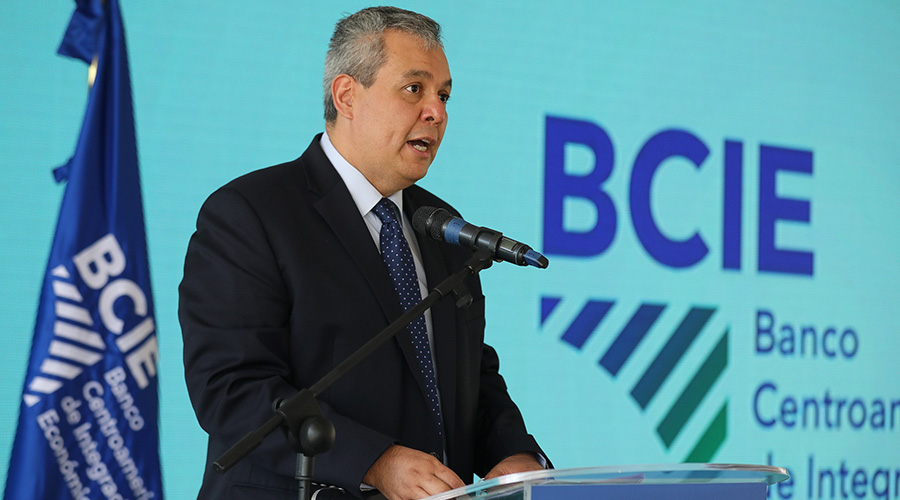RIO DE JANEIRO, BRAZIL – The Central American Bank for Economic Integration (CABEI) consolidates its expansion strategy in markets such as Asia, Europe, and South America, informed its president, Dante Mossi, on Monday (6).

CABEI is also venturing into innovative projects such as a biological park to manufacture vaccines, the KOR CABEI private equity fund, the regional public debt market, and the issuance of securities with member governments in Mexico’s capital market.
In addition, Mossi emphasized the introduction of financing for public, private hybrid, and electric transportation, among other activities.
CAPITAL INCREASE STRATEGY
At the CABEI Board of Governors meeting held on Friday in Tegucigalpa, the regional financial institution defined strategic actions to improve its credit rating to AAA to access resources under the best financial conditions and transferring its benefits to the countries of the region.
According to CABEI, “the capital increase will open up space for the incorporation of new members with high ratings and/or for current members with these ratings to have the option of subscribing additional amounts.”
“This will improve the costs of raising funds in the capital markets and increase the number of credit approvals with better interest rates and longer terms for our countries,” the institution said in a press release.
The CABEI president expressed that the organization “is at its best moment” even though it continues to “face adverse situations”, such as the Covid-19 pandemic.
“We are confident that as the main development bank in Central America, we are ready to continue promoting solutions that benefit Central Americans; an example of this is that the initiatives approved in 2020 are expected to impact 34 million people,” emphasized Mossi.
Another successful CABEI process is the “implementation of the eighth capital increase carried out last year, going from US$5 billion to US$7 billion, consolidating the international credit rating of AA and stable outlook.”
“This milestone positioned CABEI as the first Multilateral Development Bank (MDB) to implement a capitalization process in the context of the economic and health crisis related to Covid-19,” CABEI said.
STRENGTH WITH TANGIBLE RESULTS
The CABEI Board of Governors also analyzed progress in the execution of the Institutional Strategy 2020-2024, with an availability of more than US$15 billion to benefit the region, which includes projects for modern hospitals, roads, railroads, ports, airports, dams, natural gas plants, electric mobility, schools, water, and sanitation, among others.
The Bank’s financial strength, as well as its commitment to Central Americans, enabled it in 2020 to be the first MDB to design a US$3 billion Emergency Program for Covid-19 Support and Preparedness and Economic Reactivation.
This included the new Development Policy Operations modality, a line of support for micro, small and medium-sized enterprises, and the expansion of the credit line program for Central Banks, among other actions.
In addition, develop the Central American Resilient Reconstruction Program for up to US$2.513 billion for the reconstruction of roads and social housing and the prevention and mitigation of natural disasters.
“By the end of 2021 and my three years at the helm of CABEI, we will have delivered 68 projects and technical cooperation, of which twelve are in road infrastructure, six in energy, and four in water and sanitation,” emphasized Mossi.
He added that this “demonstrates the importance of our institution in improving the region’s competitiveness and the socioeconomic conditions of the population, as well as attracting foreign investment, fulfilling our commitment to being the bridge of opportunities between the region and the world.”
“By the end of 2022, a total of 89 projects and technical cooperation projects aimed at the economic and social development of CABEI member countries will be tangible, worth close to US$3.4 billion,” said Mossi.

